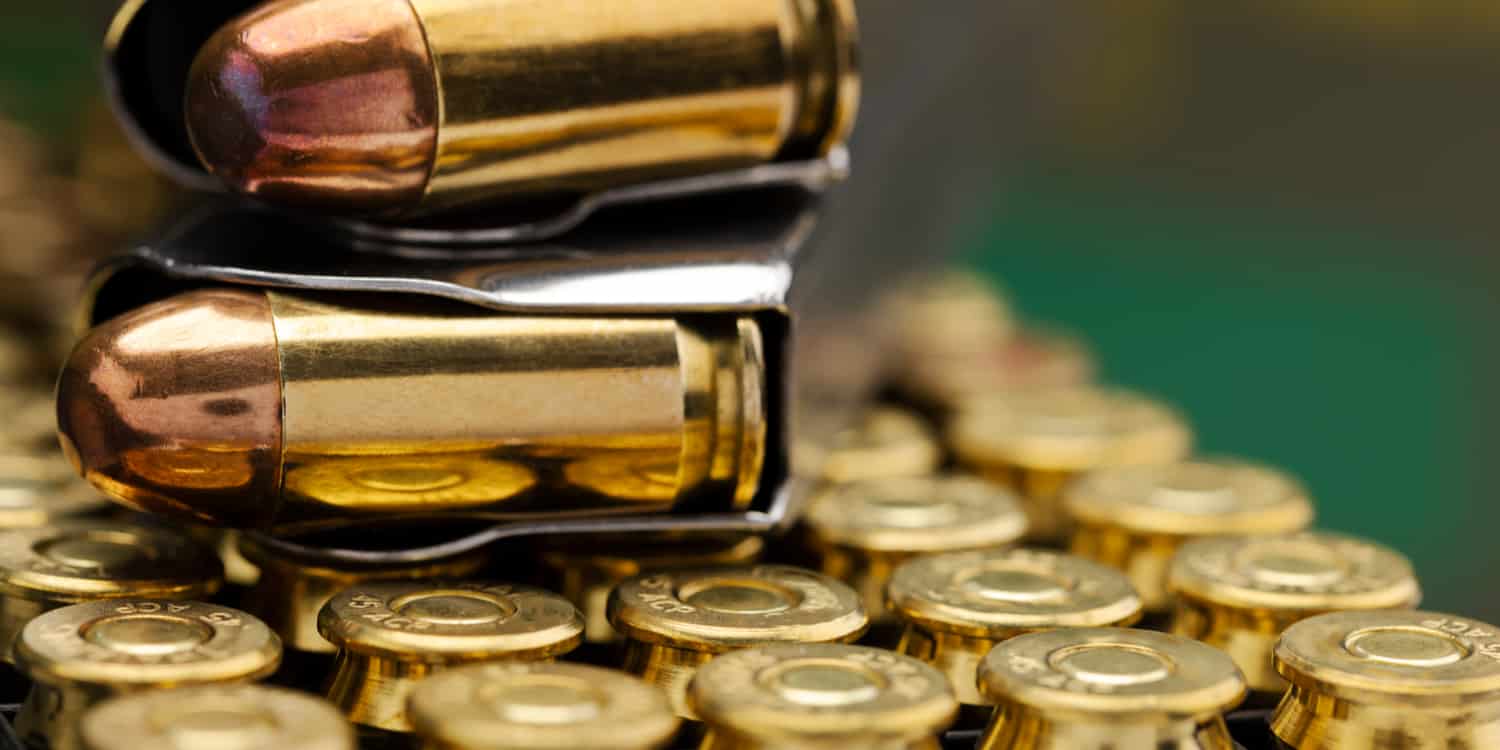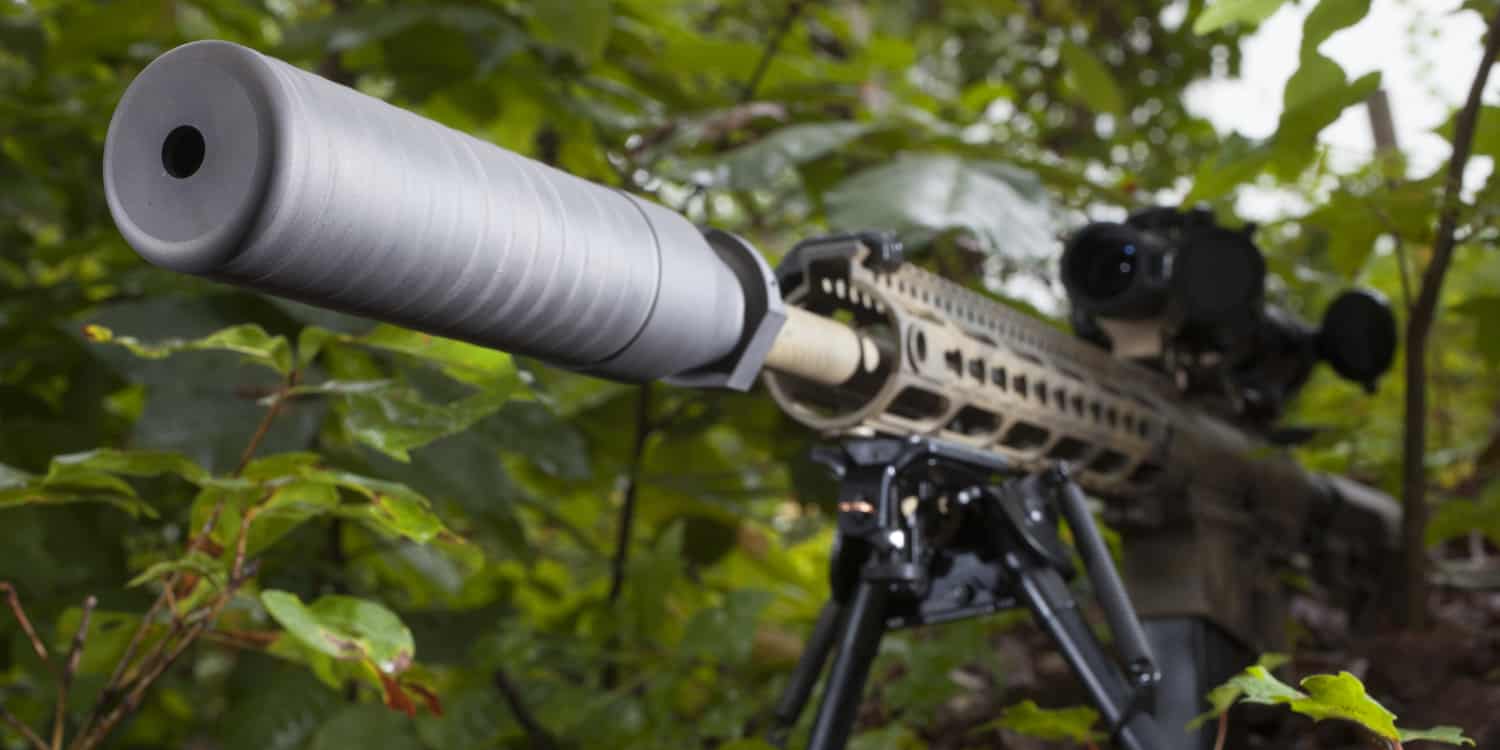
Tips for Handling an Ammo Shortage
Through 2020 and 2021, there was a shortage of ammunition. This was due to a variety of factors including supply chain issues, material shortages, and

Through 2020 and 2021, there was a shortage of ammunition. This was due to a variety of factors including supply chain issues, material shortages, and

It’s important to be aware of gun laws in order to be a responsible firearm owner. This includes understanding the process for legally transferring firearms
1400 S. Alvernon Way
Tucson, AZ 85711
(520) 274-7908
9am-6pm Monday – Saturday
Closed Sundays


Need an FFL Transfer?
Looking for our online store?
Would you like to register for a CCW Class?
Want to book time in our Shooting Range, or our MILO Virtual Range?
If you still have questions, submit this form and we’ll get back to you as soon as we can.